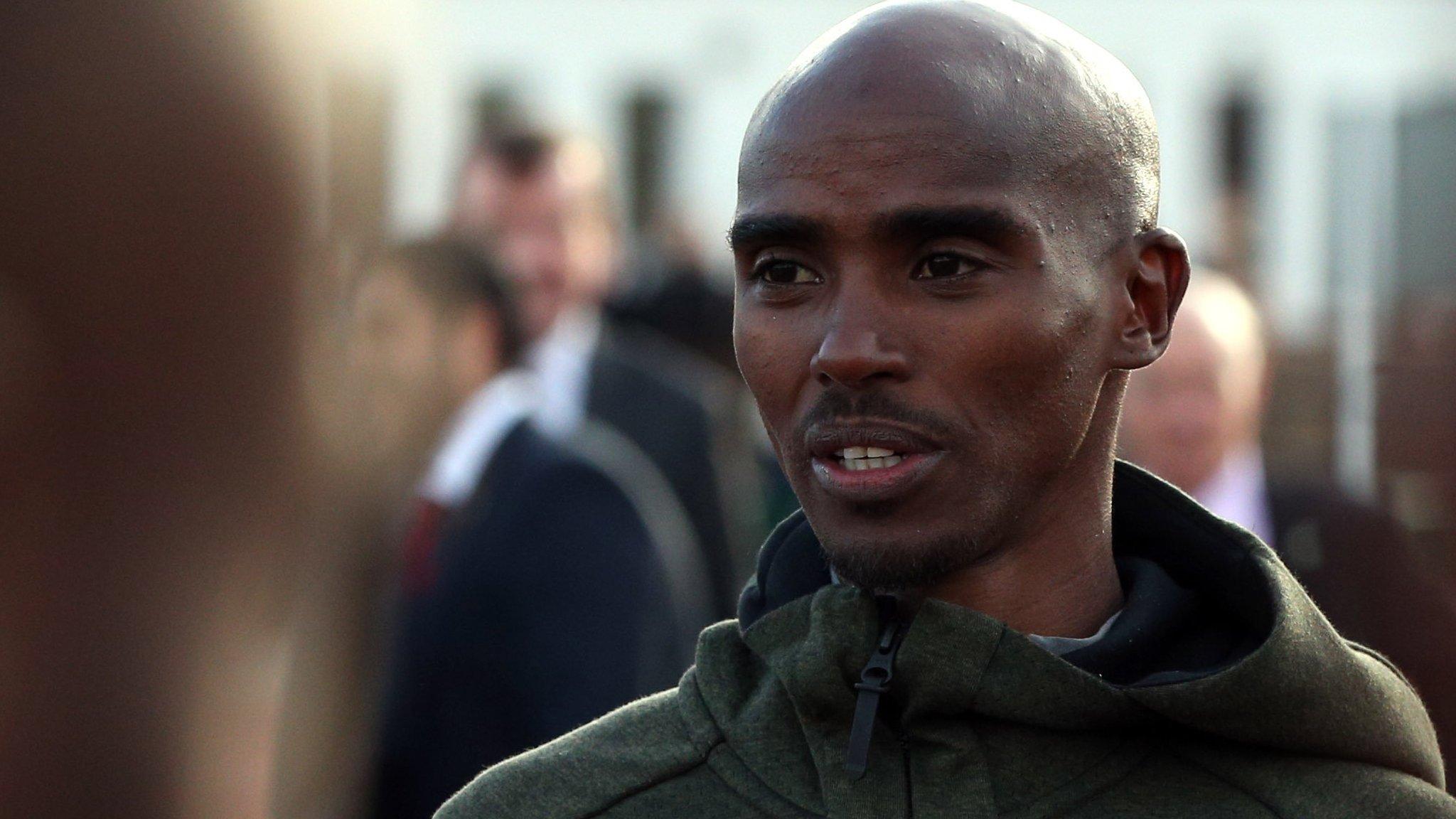Yelena Isinbayeva's election to key Russian anti-doping role criticised
- Published
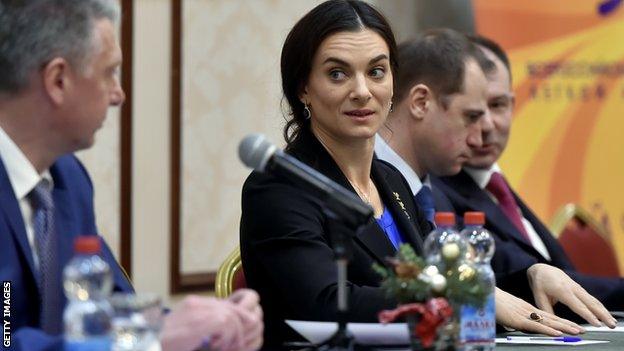
Yelena Isinbayeva is a double Olympic champion pole-vaulter and is also on the IOC's athletes' commission
Yelena Isinbayeva's election to a key role within Russia's anti-doping agency (Rusada) has been criticised by the World Anti-Doping Agency (Wada).
Former Olympic champion pole-vaulter Isinbayeva, 34, had described Russia's athletics team's suspension from Rio 2016 as "a blatant political order".
The ban came after evidence of a state-sponsored doping programme in Russia.
Wada said Isinbayeva's appointment was "not consistent" with plans it had agreed over necessary reforms.
A statement read: "Whilst it is the decision of the Russian authorities to elect its board members, the agency shall be passing this information on to its independent Compliance Review Committee for their review."
Russia's sport leaders have promised to improve their record on doping, but the pace of progress has also been criticised.
Speaking to BBC Sport on Tuesday, Wada director-general Olivier Niggli said reforms were "not happening at the speed I would have liked to see".
Isinbayeva, Olympic champion in 2004 and 2008, was elected chair of Rusada's supervisory board on Thursday.
"We will watch and control everybody and everything," she said on Russian state TV on Friday.
"We have just one attempt to clear our sport of this dirt."
Wada had previously said it was "encouraged" by President Vladimir Putin's recent admission that Russia's anti-doping system "didn't work".
While denying allegations of state-sponsored, systematic cheating, Putin said his country should acknowledge its anti-doping failures.
Lord Coe tells Today that Russian athletes could be competing again 'by the end of the year'
The McLaren report, commissioned by Wada, detailed evidence of an "institutionalised and disciplined medal-winning conspiracy" that operated in Russia between 2011 and 2015.
More than 1,000 Russian athletes - including Olympic medallists - were said to have benefited.
As a consequence, Wada recommended banning all Russian athletes from competing at the Olympics in Brazil last summer, but the International Olympic Committee ruled that individual sporting federations should decide.
The International Association of Athletics Federations (IAAF) was the only governing body to enforce a blanket ban on Russian athletes.
Russia's athletics team will also be absent from the World Championships in London in August, after the IAAF extended that suspension in December.
- Published8 March 2017
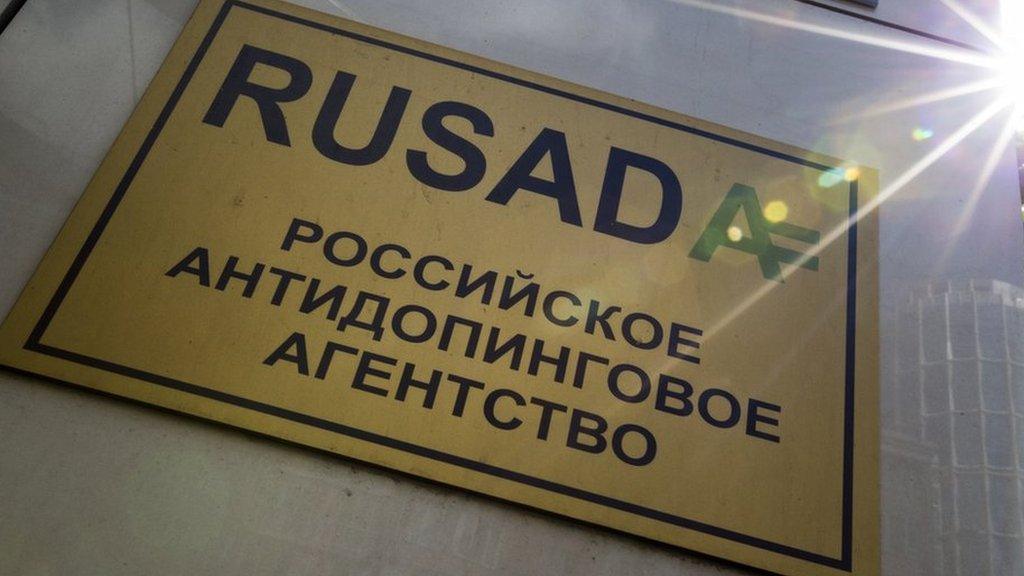
- Published9 December 2016
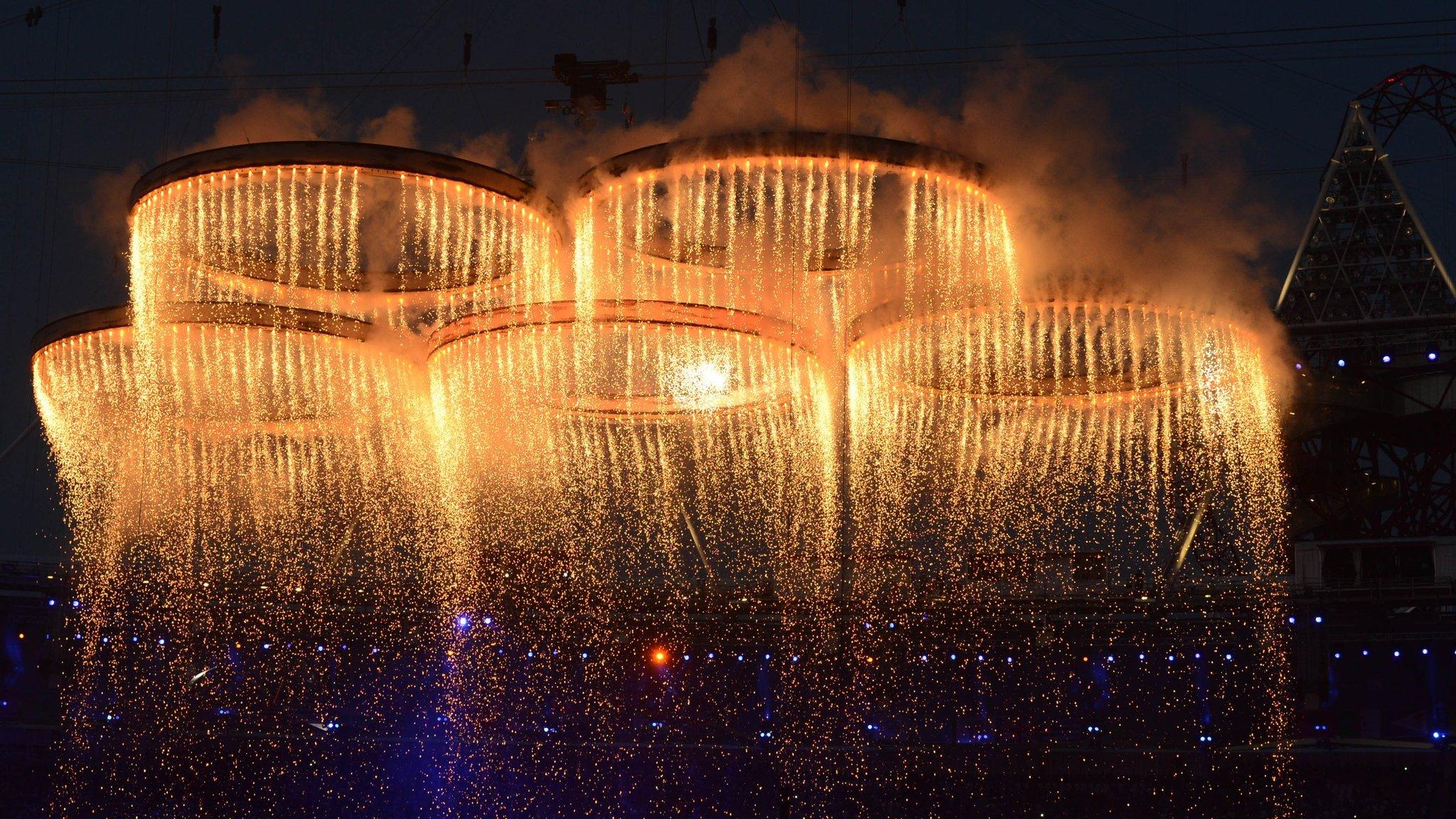
- Published2 March 2017
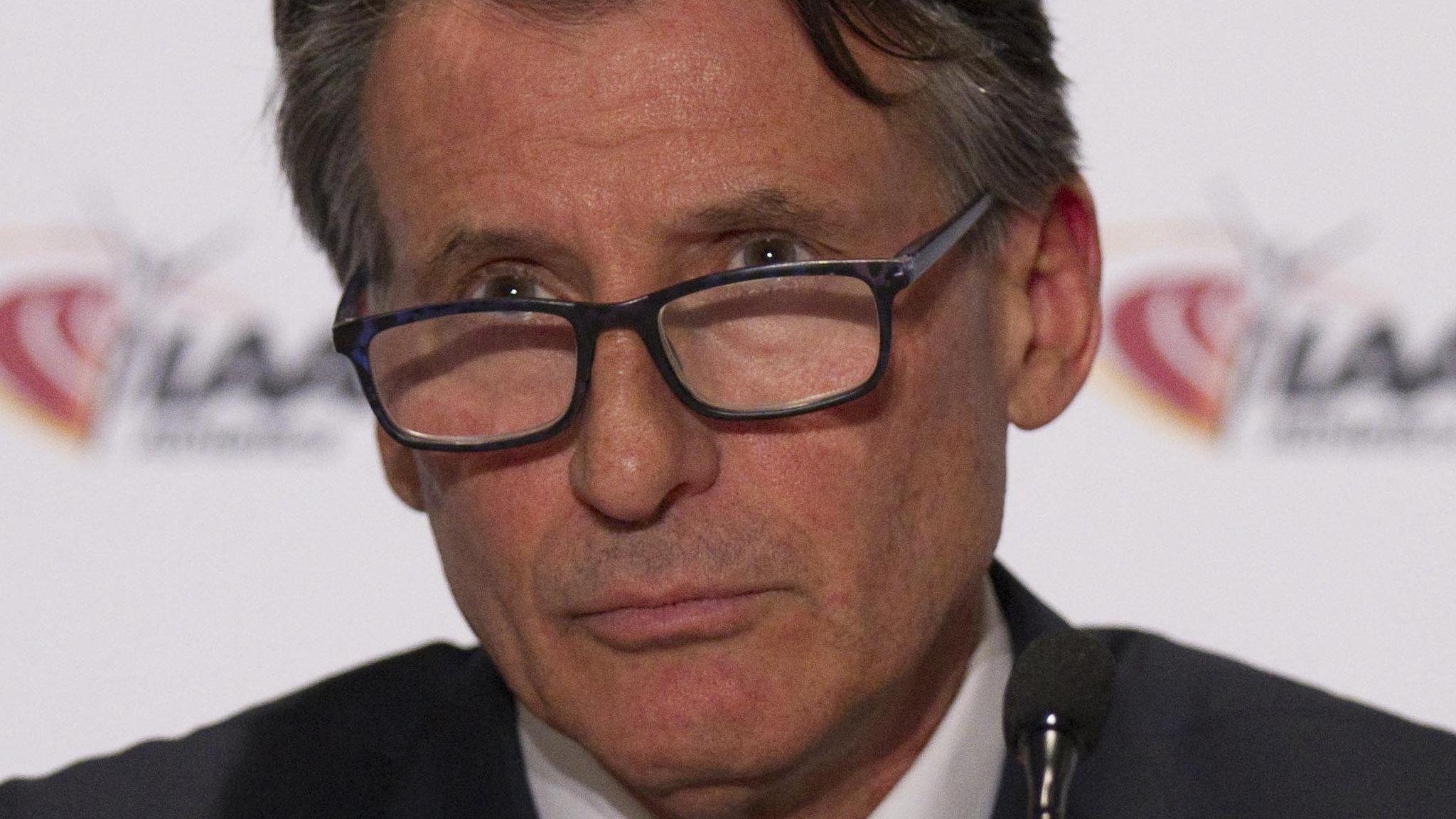
- Published8 March 2017
